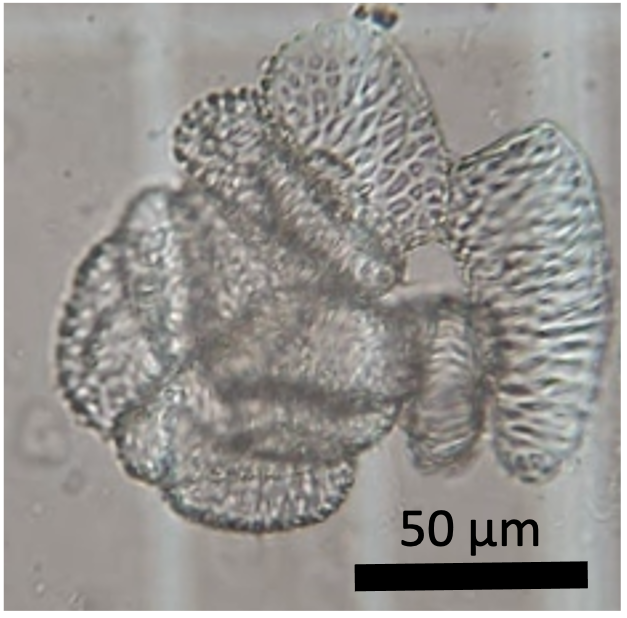 |
|
Plant cell culture technology, particularly suspension cultures, appears as a convenient tool to industrially produce molecules such as the anticancer molecules vincristine and vinblastine. Cell differentiation is needed for their in vivo synthesis and thus in vitro cultures have usually been considered as limited producing platforms. Several studies have recently detected vincristine and vinblastine in early differentiated calluses and also in suspension cultures. Nevertheless, the degree of cell differentiation has not been addressed, particularly in suspension cultures that could be used as a large-scale producing platform. Therefore, the effect of culture conditions on the production of vincristine and vinblastine, taking into account cytodifferentiation within cell aggregates, has been analyzed for the first time. Culture conditions such as light exposure and plant growth regulator regimes have been shown to affect cell differentiation. Moreover, cell differentiation was observed to be closely related to vincristine and vinblastine titers. Results provide important clues into the comprehension of in vitro culture performance for metabolites production requiring in vivo cell differentiation. They demonstrated the utility of taking into account cell differentiation for the further development of novel advanced processes of differentiated cell suspension cultures for producing valuable molecules, including biological medicines such as vincristine and vinblastine.
Keywords: Catharanthus roseus suspension culture, cell differentiation, bioreactor, vincristine, vinblastine.
|
|
 |

